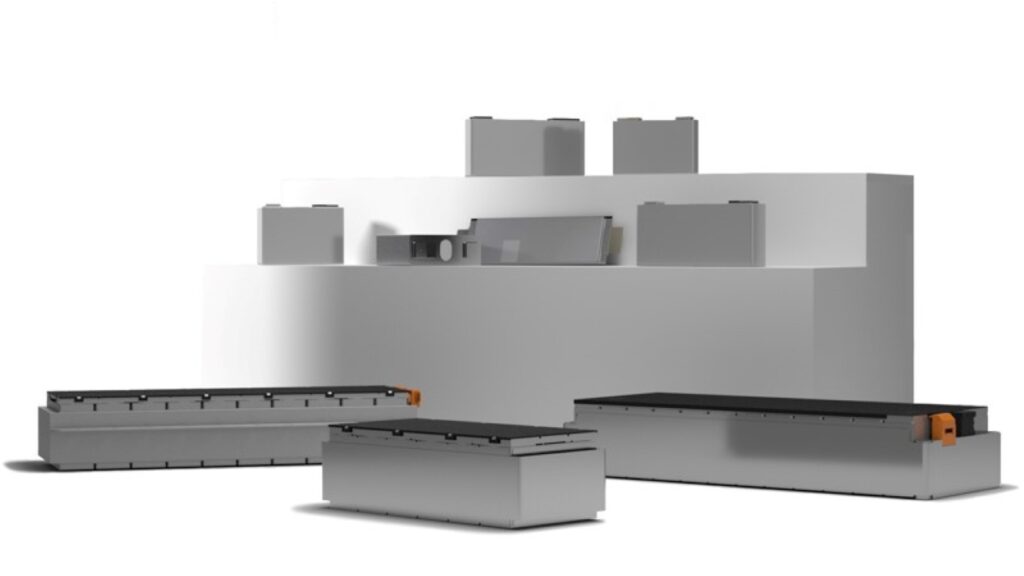A lithium battery is a type of battery that relies on lithium as a component, in its chemistry. There are two categories; lithium batteries, which cannot be recharged and secondary lithium ion batteries, which can be recharged. Here’s a brief overview;
Primary Lithium Batteries; These batteries are not rechargeable and use either lithium metal or compounds containing lithium as the anode. As the battery discharges the lithium undergoes an oxidation reaction releasing energy. Due to their inclusion of lithium metal these batteries can achieve energy densities. They find applications in devices like controls, cameras and certain medical equipment. A known example is the coin shaped lithium battery used in many electronic devices.
Rechargeable Lithium ion Batteries; Often referred to as “lithium ion batteries” or “Li ion ” these batteries utilize lithium compounds within their composition. They consist of an anode, a cathode and an electrolyte that enables the movement of lithium ions between the electrodes. When the battery discharges, the movement of lithium ions from anode, to cathode generates energy. During charging this process is reversed.
Different types of materials and chemical compositions can be used in lithium batteries, such, as Lithium Cobalt Oxide (LiCoO2) Lithium Iron Phosphate (LiFePO4) and others. These batteries have gained popularity in electronics like smartphones, laptops and electric vehicles due to their ability to store a large amount of energy relative to their size and weight.
Key Characteristics of Lithium Batteries;
- High Energy Density; One of the reasons why lithium batteries are widely favored in portable devices is because they can store a significant amount of energy considering their compact size and lightweight nature.
- Low Self discharge Rate; Compared to battery types lithium batteries generally have a self discharge rate. This means they can retain their charge for periods when not in use.
- Long Lifespan (for Lithium ion); With care many lithium ion batteries can be used for years before experiencing noticeable capacity loss.
- Safety Considerations; It’s important to note that both primary and rechargeable lithium batteries can pose safety risks if they are damaged exposed to temperatures or improperly charged. This is because lithium is reactive and there is a potential for runaway, under conditions.
In conclusion whether its a primary or rechargeable lithium battery it offers advantages in terms of energy density and efficiency.
However the extensive usage of it also brings about safety concerns that manufacturers and users need to be mindful of.
For more information also check; Avantis Energy.
